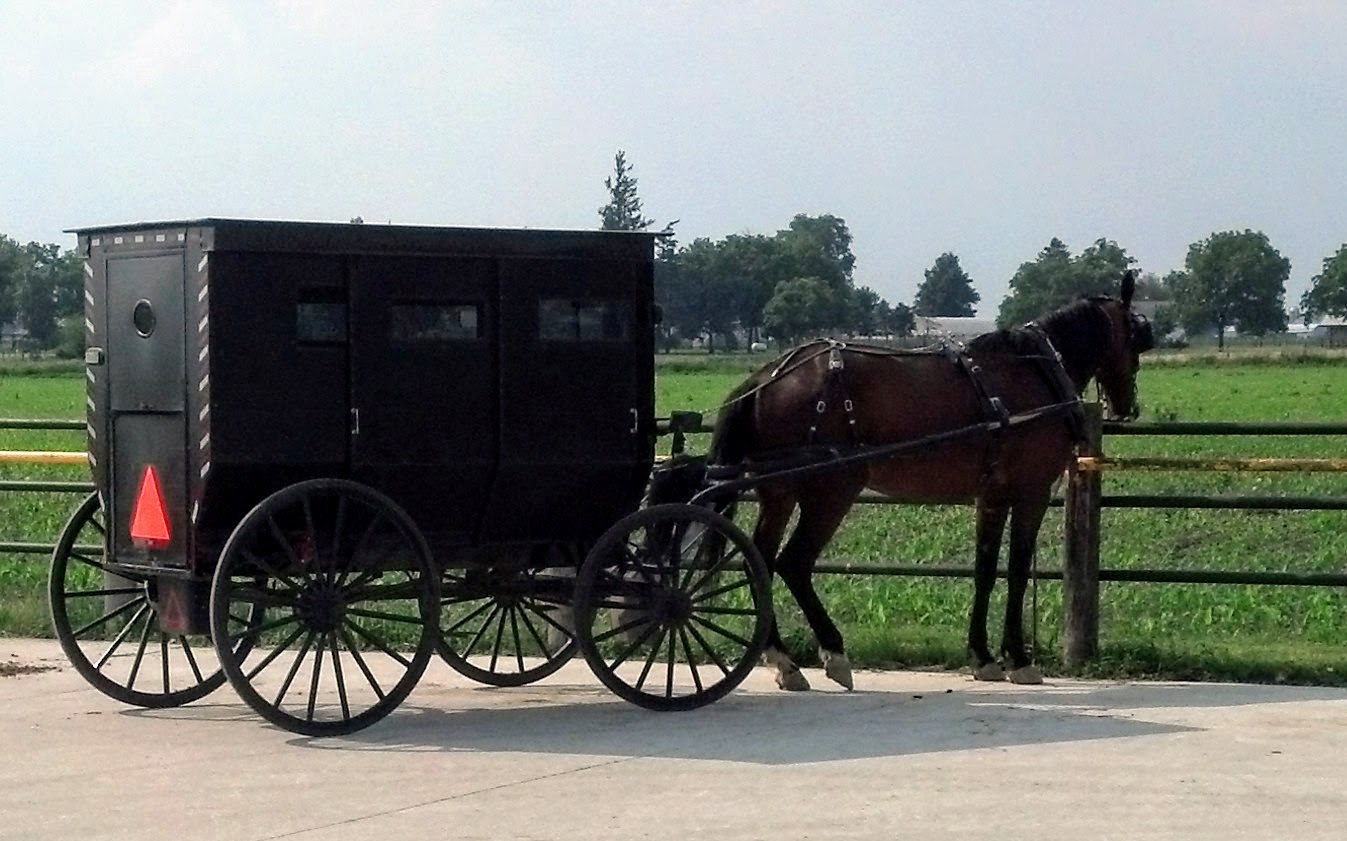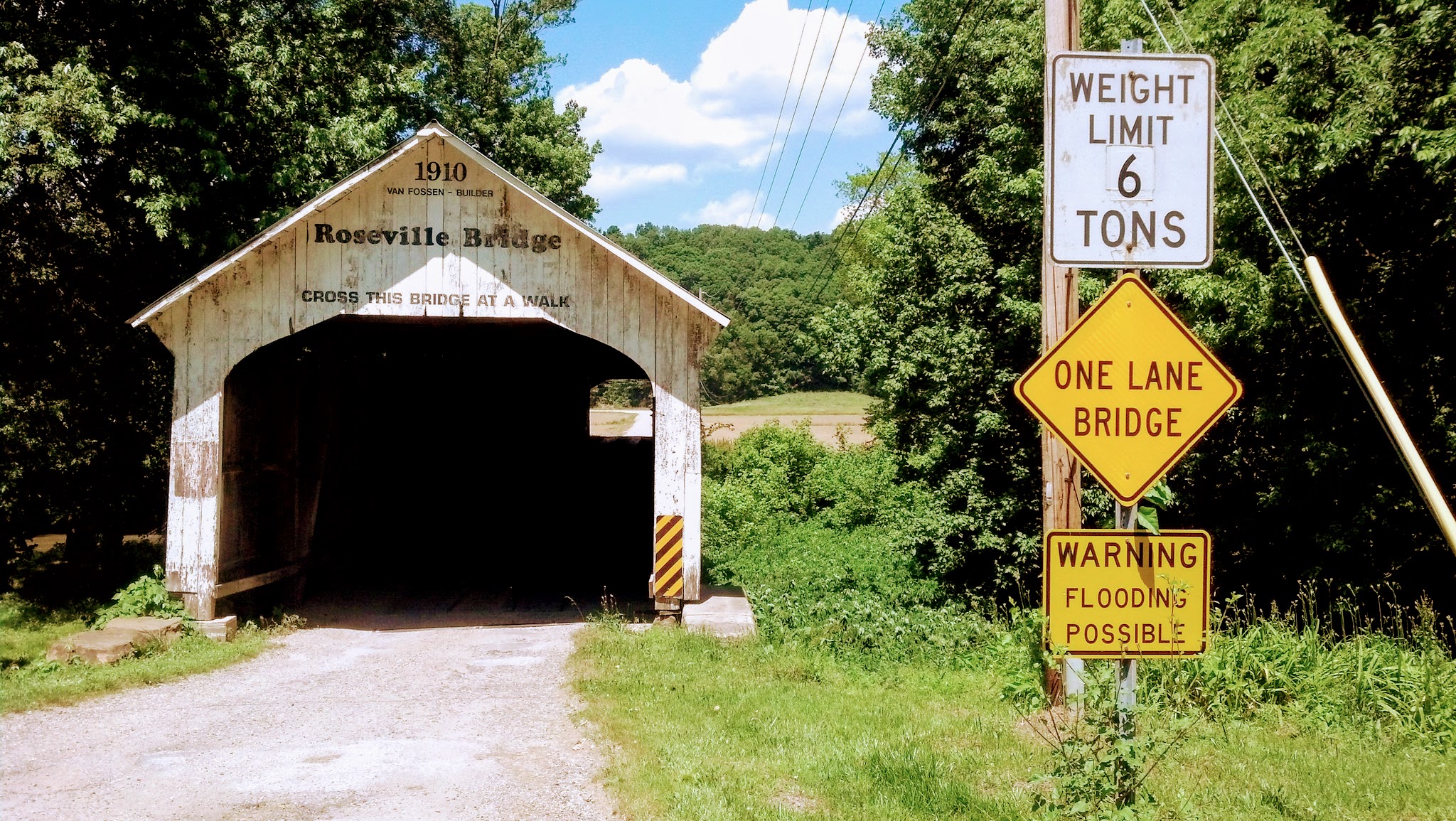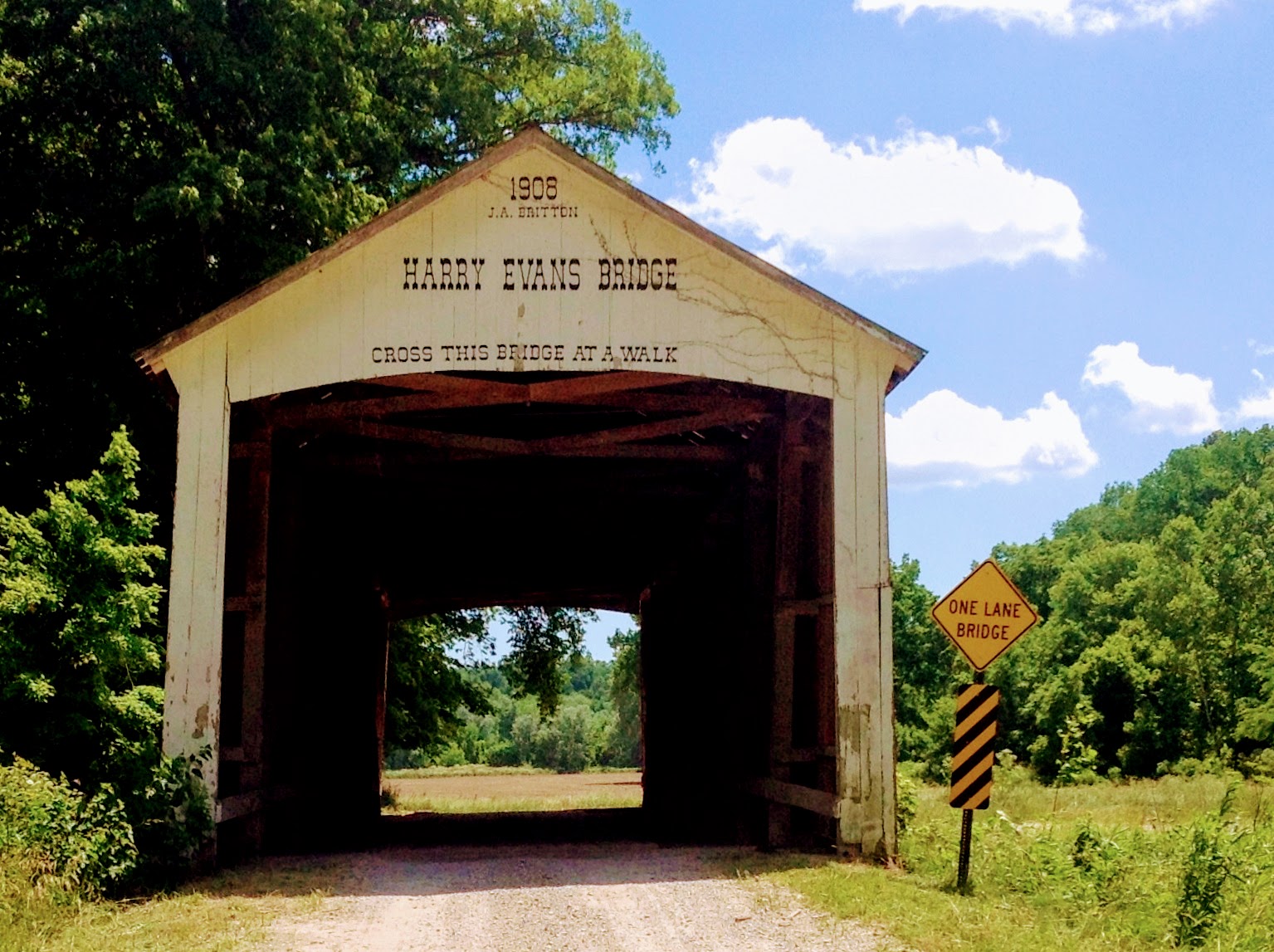Sacrificing, stubborn love
Hosea 3: Love her the way I, God, love the Israelite people.
Gomer has messed up big time. She’s left the man and children who love her. Her story will end with her in bondage physically, emotionally, and legally if not for Hosea. Under the Lord’s direction, he moves to rescue her from the stupid mess that binds her. Hosea acts under God’s command but he also acts out of love. In spite of Gomer’s rejection of him he can’t move past his love for her. She’s brought disgrace to Hosea, possibly making him a laughingstock in the community. She’s broken his heart and turned away from his love without even a word of apology. Still, Hosea can’t let go. This is no simple picture of romantic love. Here I see love that demands sacrifice. I see a stubborn love that persists even when the object of that love is unworthy. God says he loves his people like this. On one hand, he can’t ignore their sin and rebellion. On the other, he can’t just walk away. Because God is who he is, he loves. This is the hope of every human being. I’m fallen, unlovely, and condemned. My only hope is God’s love: his sacrificing, stubborn love. “While we were yet sinners Christ died for us.”
Take Away: Because the Lord is who he is, he loves.
Author: GR 'Scott' Cundiff
Devotional on Hosea
Identifying with the right person
Hosea 3: From now on you’re living with me.
I guess it’s just human nature but when I read the parables of Jesus my first inclination is to identify with “good guy” in the story. I see myself as the “tax collector” who prays for mercy, the servant who invests his talent, and the woman who finds the lost coin. It’s only when I’m willing to see myself from the less than stellar point of view that the parable can truly instruct me and help me become the person God would have me be. Since Hosea’s story is a living parable, who am I in this story? I know that the primary focus is on God and the ancient Israelites, but if I read this story devotionally who am I? It has to be Gomer. She’s a pitiful figure in the story. Her origins are unknown to us, but she’s both a victim and a trespasser. Even when she’s given a second chance at life she blows it, making a bigger mess than she had in the first place. She’s stubborn and deeply flawed and, seemingly not worth redemption. Hosea, though, loves her so much that he can’t do what common sense dictates. He waded into the filth and got her the first time, and, when she betrays him and returns to it, he wades in again. As I read this I’m not to say, “Yes, I’m like Hosea, and I’ll be gracious and kind and forgiving” (although, I’m supposed to be all of these things). Instead, I’m to say, “I’ve been like Gomer. In spite of God’s goodness to me I’ve been hard-headed and hard-hearted. God has not only rescued me, but he’s waded out into sin to bring me back when I’ve failed.” If I refuse to identify with Gomer in this story it will never have the impact on my life it’s intended to have.
Take Away: The parables work best when I rightly identify myself in them.
Devotional on Hosea
Farther than you want to go
Hosea 4: That whirlwind has them in its clutches.
Hosea’s personal parable soon gives way to his prophecies concerning sinful Israel. The background of his own experience is especially evident in his constant references to the debauchery of Israel and descriptions of God’s disgust with their practices even as he loves them and calls them back. The experience of Hosea with his unfaithful wife is a reflection of all that. In this passage Hosea complains about their idol worshipping, sexually explicit religion. They think promiscuity and drunkenness is their ticket to happiness and satisfaction. Instead, as some wise people have said, “Sin will take you farther than you want to go.” They’re willingly giving themselves to something that won’t satisfy and will ultimately destroy them. What starts out as willful sin (“I can quit anytime I want”) becomes obsession and possession. What they thought they could control now controls them. People start down some foolish path thinking they’re in control. Before long, they’re where they never expected to be and bound by what they never thought could control them.
Take Away: Sin will take you farther than you want to go.
Devotional on Hosea

Unreservedly in love with God
Hosea 6: I want you to know God, not go to more prayer meetings.
The prophet has fallen head over heals in love with his deeply flawed wife. She’s left him but he isn’t over her and wants her to come back. However, he knows that just getting her back won’t be enough. For her to return yet remain unchanged will only start this whole destructive sequence over again. Something in her has to change if there’s any hope for their future together. That, Hosea says, is how it is between God and his people. The Lord loves them and wants them to turn from their idol worshiping ways and return to him. However, what he wants from them isn’t just a polished approach to doing worship. Instead, he wants them to love him with the abandon and passion that he has for them. He says to them, “I’m after love that lasts, not more religion.” As old as this concept is, and as reasonable as it is, people to this very day fail to grasp this. God doesn’t want me to go to church; to “practice religion,” or to attend Bible studies. He wants me to passionately love him. He wants me to throw myself into that relationship without reservation. When that happens, no one has to tell me I ought to worship and pray and study my Bible. The only reason for me to go to church and study my Bible is that in doing these things I better experience the Object of my strongest attraction: God, Himself. That’s the kind of relationship God wants to have with me and with you.
Take Away: The Lord wants us to passionately love him.
Devotional on Hosea

Shopping for religion
Hosea 7: They turn…here, then there, like a weather vane.
“Welcome to WorshipMart, your one stop shop for religion. Please keep an eye out for our blue light specials, you may find a very nice accessory to your faith for a low price.” You head over to the New Age aisle. Maybe a new crystal will help you pray better. The Politically Correct section has some interesting items, some of that “what works for you may not work for me” might come in handy when dealing with some of the more narrow people you know. The Hedonism section makes you feel somewhat uncomfortable but you can’t resist some of the “it can’t be all that bad if it feels right.” And then you head over to the staples section. After all, when all else fails you might just want some help from God Almighty. At the checkout counter the salesperson asks if you found everything you wanted. You answer “yes” but you think, “I’ll probably be back in here before long, somehow this stuff doesn’t seem to last like it should.” As you check out, you can’t find the last item. That’s happened before. Everything else is there though; you’ll just have to make it without God. Anyway, your religion is no one’s business but your own. Right?
Take Away: He’ll either be Lord of all or he won’t be Lord at all.
Devotional on Hosea

Meeting expectations
Hosea 10: Sow righteousness, reap love.
The prophet says things aren’t going to work out for Israel. Generations earlier, when the Lord delivered them from Egyptian slavery, he had plans for them. They were going to be a force for righteousness on earth. The Lord likens them to a strong farm animal that’s hitched up to the plow and can powerfully prepare the ground for planting. This isn’t a put down. In this culture any farmer who has such an animal is proud of it and cares for it. The Lord says he saw such potential in that nation of slaves. These people could change the earth for good as they spread righteousness everywhere. Again, though, it isn’t going to work out. Instead of planting righteousness and love, they spread wickedness, evil, and lies. Not only do they fail to live up to their promise, they also have the audacity to work against God’s purpose rather than for it. I’m reminded today that the Lord is well aware of my potential. He knows what’s likely beyond me and he knows what I can do if I put my mind to it. Of course, I never want to be guilty of taking God’s gifts and using them to work against him but I don’t even want to disappoint him. I may not have the capability to change the world but surely I can help sow a little righteousness in the lives of those around me.
Take Away: The Lord knows what we can do in the work of his kingdom – and he expects us to do it by his grace.
Devotional on Hosea
Superhuman love
Hosea 11: I am God and not a human…I’m here — in your very midst.
As I begin reading this chapter I brace myself for more of the same: that God’s people have had every opportunity to serve him but have utterly failed and are now being kicked out. I think that’s what I’m going to see, but I’m wrong. Instead, I see a picture of God’s love for the sinner; a love so powerful that even when Israel appears to have sinned away the day of grace that God can’t give up on them. The Lord’s in anguish over their rejection and says, “How can I give up on you? How can I turn you loose?” It’s a dramatic vision of God’s love. In fact, it’s here I find myself face-to-face with love beyond human capacity. Even as I read these words of love and mercy I find myself wondering how God can go so far in his forgiveness and how he can love in such an overwhelming way. It’s then that I find the answer. God loves with intensity beyond what I can comprehend because of who he is. He’s God and not man. Here’s love in the superlative; super-human love. I thank God that today I am a recipient of that love.
Take Away: God is love.
Devotional on Hosea

It isn’t over till it’s over
Hosea 12: What are you waiting for? Return to your God!
Hosea is unique in the Old Testament in his understanding of God. The opening “living parable” of his enduring love of his unfaithful wife flavors the entire book. Now, it isn’t all romantic love. There’s some strong medicine here, what could be called “tough love.” Still, it’s love. The Almighty is so in love with these people that he can’t let them go. The God who could wipe them out in a second instead calls to them and reasons with them and, yes, uses some tough love in dealing with them. In this passage the Lord illustrates his intentions by appealing to history. He reminds them that Jacob started out as a “heel” who even tried to manipulate his Creator. The Lord says that, in the end, he won and Jacob was changed into a new person. Now, this same God turns his attention to the current sorry state of things. He tells this rebellious nation that he loves them too much to cast them away. He says that in his love, he won’t give up and he won’t give in. They might as well surrender to it now because, ultimately, he’ll win. Today, I’m reminded that God doesn’t give up on people and I shouldn’t give up on them either. The person who seems the most lost; who has burned his bridges and declared his abandonment of the Lord is still on God’s radar screen. Really, it isn’t over till God says it’s over!
Take Away: The Lord doesn’t give up on people and I shouldn’t give up on them either.
Devotional on Hosea

God, making himself vulnerable
Hosea 14: O Israel, come back! Return to your God!
In his amazing love God calls out to his wayward people. To return to him is to their benefit. Otherwise, it’ll take tough love to turn them around and even as these words are spoken a “tornado” of judgment is coming their way. That’s a message I’m used to seeing in the prophets. There’s another message here and even though it’s seen in other places, it’s especially clear in the book of Hosea. If these sinning people return to God it will be to their benefit, but it will also be to his. As Hosea’s love reached out to his unfaithful wife so does God’s love reach out to a sinning humanity. It seems impossible, but I, as insignificant as I am, have the ability to both hurt and please the Maker of the universe. The reason for that is that he loves me with a love I cannot fully understand. God has allowed himself to be vulnerable in opening his heart to me and to all humanity. Today, the person who’s rejected God; who’s lived as an enemy of his; who, in my opinion, is practically beyond redemption, remains within the reach of God’s love. The Lord won’t force you to return but he reaches out to you in love even through the words of this little-read devotional.
Take Away: God is the God of Second Chances.
Devotional on Joel

Preaching on current events
Joel 1: Have you ever heard of anything like this?
There have been a few times when my Sunday sermon was 100% driven by current events. Some were huge, world shaking events like 9/11, hurricane Katrina, and Desert Storm. Others were powerful events on the more local level: the church gym being destroyed by fire or the death of a beloved member of the church. There are times when the preacher has to lay aside the sermon schedule and deal with what’s already on the minds of everyone. The prophet Joel ministers in such a time. A horrible plague of locusts has swept through the country devouring everything in its path. This is a disaster. Their crops are gone and there’s nothing to eat or with which to feed their livestock. Hunger and even starvation is a real danger. Realizing God has the attention of everyone Joel takes the situation at hand as his text and begins preaching his sermon. That sermon is the three chapter book of Joel.
Take Away: A sermon schedule can’t be driven by current happenings, but sometimes that’s exactly as it should be.
Devotional on Mark

Me first
Mark 10: He came to serve, not to be served.
Jesus begins his march to the cross. As he and his disciples begin their journey to Jerusalem he tells them what’s coming, the bad and the good. When James and John ask for favored positions in his kingdom, Jesus tells them that they don’t know what they’re asking. Very soon, being on his right and left won’t be very desirable places to be. He again directs them down the servant path as the route to greatness. Being the slave of others is the Christian route to leadership and Jesus is about to demonstrate that in a most unexpected way. He’s going to die, not only that we might be set free from the death penalty, but so that we might learn from him to, ourselves, die. This lesson isn’t only hard to learn, it’s also unwelcome. Most of us live our lives trying to get things our own way. When we somehow achieve position one of the perks is that we can now call the shots to suit ourselves. It is human nature to view everything from the “me” point of view. Jesus turns this self-centered world upside down. He says that in his Kingdom, those in power serve with the needs of others uppermost in their minds. Frankly, after 2000 years you’d think Christians would have a better grasp on this. Frankly, after being a Christian most of my life, I’d think I’d have a better grasp on it.
Take Away: Jesus gave his all to, in part, show us how to give our all.
Devotional on Joel

Weeping with those who weep
Joel 1: Get them into God’s Sanctuary for serious prayer to God.
The event that drives Joel’s sermon is a natural disaster. A swarm of millions and millions of locusts have devastated the country. Every green thing has been stripped bare. The result is that famine is most certainly coming to the land. What are they going to do now? One thing Joel calls for is for people to take their fear and pain to the Lord. He says to the priests, “You, who lead people in worship, lead them in lament.” This is no time for empty promises that everything will be okay. Rather, this is a time for fasting and crying out to God. Joel takes his own advice and a few lines later he prays, “God! I pray, I cry out to you!” Today, I find this passage to be frighteningly instructive. It’s quite likely that our version of the disaster of Joel’s day will come. What is the church to do when a hurricane or earthquake or tornado sweeps through the community destroying lives and property? Joel says this is a time for pastors and other leaders to lead the community in lament; a time for “weeping with those who weep.” I’m not ignoring the good that can be done in practical ways, but I’m reminded here that the church isn’t to just “put on a happy face.” It’s okay, and even necessary, for God’s people to lead the way in crying out to God, declaring the pain and suffering of a community in the face of disaster.
Take Away: Sometimes it’s the role of the people of the Lord to lead the way in crying out to God.
Devotional on Joel

Praying in catastrophes
Joel 2: And here’s why: God is kind of merciful.
The prophet sees the natural catastrophe of the locust infestation as a judgment of God. It may be that the Almighty manufactured these bugs specifically to cause the people to stop their march to wickedness. God is God and he has ability to do stuff like that. On the other hand, it may be that the locusts are just a natural phenomenon that God is using to get their attention. Either way this is all under his authority. Joel tells his people that in the face of all that’s happening it’s time for a national turn around. He calls for more than a surface makeover but a real change in which they return to God with their whole hearts. If they do that, Joel promises, they’ll find God to be kind and merciful and they might just see the Lord intervene to cancel the catastrophe that has them reeling. One response to personal disaster should be a reexamination of our lives. If things aren’t as they should be this is a good time to ask the Lord to forgive us and ask him to help us get our act together.
Take Away: One response to personal disaster should be a reexamination of our lives.
Devotional on Joel
Living in the day of the Spirit
Joel 2: I will pour out my Spirit on every kind of people.
The Hebrew prophets were, in general, positive people. Sometimes they had negative messages to give and sometimes they spoke harshly but they always found a place to promise a better day. In the face of the natural disaster that has befallen his people, Joel calls for them to take stock of their lives and repent of their sin. Then he describes a coming better day. He sees a day when God will “make up for the years of the locust,” restoring what has been destroyed. He pictures tables full of food and people filled with words of praise and thanksgiving. Then Joel says, “If you think that stuff sounds good wait till you hear what else is coming!” He then describes a day of wonderful blessing in which God pours his Spirit out upon, not just one nation, but upon all the nations of the world. He says that in that day their sons and daughters will prophecy and people from all nations and stations of life will be blessed. This event, Joel says, will happen before the “Judgment Day of God.” Years later Peter will quote these words on the Day of Pentecost. Peter will tell people that they’re literally seeing this “Spirit pouring” promise being fulfilled before their very eyes. Even today, we live in that “in between” period of history. We’re between the outpouring of the Spirit and the Judgment Day of God. What a wonderful time in which to live! We’re in the “day of the Spirit.” This is the time when, according to Joel, “Whoever calls, ‘Help, God!’ gets help.”
Take Away: What a wonderful thing it is to live in the “day of the Spirit.”
Devotional on Joel

The only real security
Joel 3: God is a safe hiding place.
When the prophet describes God as a “safe hiding place” he isn’t talking about hiding from the natural disaster that’s struck the land. He’s moved forward in his sermon and is thinking about how the world as we know it will come to an end. He pictures a great final battle when God’s Judgment will fall over the earth. Joel says the forces of evil will come to do battle against the forces of God and that the Almighty will respond in full force, shaking the earth and sky in one unforgettable blow that will spell the end of all opposition to his Kingdom. Lest his own people fear that day, the Lord promises to, himself, be a “safe hiding place” for all who trust in him. We’re told that the end result of all this will be that “God has moved into Zion for good.” The fact is that natural disasters will come and go as the pages of history are turned. Most of the time, I’m merely a concerned spectator, watching from the sidelines. Some of the time, I can involve myself in some relief effort. Once in a while, maybe only once in a lifetime, I will find myself unhappily at the epicenter of it all. This passage reminds me that an event much greater than any of that is out there on the horizon of history. On that day everything’s going to come crashing down as Good and evil clash in a Creation-shaking battle. There’ll be no storm shelter secure enough and no place remote enough to protect me from it all. My only hope of safety is in God. As I live my life in him, I not only find strength for the unwelcome ordinary trials and tribulations of life, but shelter against this, the biggest storm of all.
Take Away: My only hope of safety is in the Lord.
Devotional on Amos

Just one of the shepherds
Amos 1: The Message of Amos, one of the shepherds of Tekoa.
Aside from the few words of introduction found in the opening of his writings, we know nothing of Amos. He isn’t a member of the royal family or priesthood and he doesn’t have any famous relatives. He describes himself as “one of the shepherds” of an unimportant town. Amos numbers himself with the poor and unprivileged people of his society. That standing flavors his entire ministry. When he speaks of poor people being mistreated he does so as one who has experienced that mistreatment. In about 40 years Israel will fall, rejected by God and defeated by her enemies. One of the reasons for that fall is that God’s people have separated themselves from the compassion of God to their poor. The book of Amos is an important book for people of all periods of history because, as Jesus said, “the poor you will always have among you.” How does God expect a prosperous nation to treat its poor? How does he expect we who live in comfortable, secure homes to treat those in our community who live in want? Finally, what if we fail at this point? Amos gives us a first-hand response to these questions.
Take Away: As a people of the Lord we can never separate ourselves from his compassion on the poor.
Devotional on Amos
Selling grandma for a buck
Amos 2: They’d sell their own grandmother.
The prophet begins his message by characterizing God as a prosecuting attorney who’s making his case against the accused. The Lord has been keeping records of the sins he’s seen and now he makes his case against them. Amos starts this prosecution by focusing on the nations surrounding Israel. I can imagine the cheers of agreement from his fellow countrymen as he does this. They have bones to pick with Tyre and Edom and Moab. Nothing pleases them more than hearing God pronounce his judgment on them. Then God’s man turns his attention to Israel. The formula “for three great sins, make that four” that was used in judging other countries is applied to Israel too. The meaning is that the more God looks into their affairs the more he finds wrong and worthy of condemnation. Concerning Israel, in particular, all the failures God mentions are clustered around how they treat poor people. The Lord charges that they see people as only “things – ways of making money,” he then adds, “They’d sell their own grandmother!” The Lord has a history of caring about people who are down and out. He also has a history of opposing those who take advantage of such people. As I read these words I find myself examining my own attitude toward the poor. I want to be on God’s side of this issue.
Take Away: The Lord cares for those who are society’s outcasts – his people are to join him in that concern.
Devotional on Amos
The lion’s roar
Amos 3: The lion has roared – who isn’t frightened?
Amos is a shepherd and his message is filled with illusions to his livelihood. He talks about birds and cattle and snakes, of shepherds and their unending battle to protect their flock against the predators. Some things, he says, are as plain as the nose on your face and it doesn’t take a genius to recognize them. If one hears a lion growling in pleasure, for instance, you know that it’s killed its prey. This stuff, he explains, is just how it is. Then Amos makes his application. When people rebel against God the Lord will act to remedy the situation. It doesn’t take a degree in theology to know that God won’t put up with sin forever. As a prophet of God, Amos is responsible for speaking God’s message. His sermons aren’t made up fiction or the rants of someone who’s stuck in the past. When you hear a lion roaring nearby the sane reaction is to be frightened. When God’s prophet says God is tired of his people living in rebellion it’s time to straighten up. If the roar of a lion gets our attention, how much more should words of warning from the spokesmen of God.
Take Away: It doesn’t take a degree in theology to understand that when people rebel against God the Lord will act to remedy the situation.
Devotional on Amos
Intentional worship
Amos 4: But you never got hungry for me. You continued to ignore me.
The people Amos preaches to are religious people. They’re faithful to attend worship services, to make the correct sacrifices, and to pay their tithes. The casual observer might conclude that they’re just the sort of people God wants. However, that isn’t the case. Amos complains that all they’re doing is putting on a religious show. At the core of all their religious activities is, not God, but themselves. Even as Amos delivers his sermons the Lord is acting to bring a stop to it all. The fact is that God won’t be ignored! He, who created me, demands that I focus my life on him. That’s true in all of my life, and it’s especially true in my religious life. The issue of what I “like” or “don’t like” is, ultimately, unimportant. God isn’t looking at the show I put on. Instead, he’s looking at my heart. The issue in play in my worship activities is whether or not I hunger for him. I want to do church “right.” I want the worship services I attend to be well thought out and intentional. However, beyond all of that, I want the Lord to see that more than anything else, my worship activities are a reflection of my hunger for him and of my rejoicing in his presence. God won’t be ignored and a God-ignoring worship experience is a waste of time.
Take Away: The Lord isn’t looking so much at how we do church as he is looking at our hearts.

